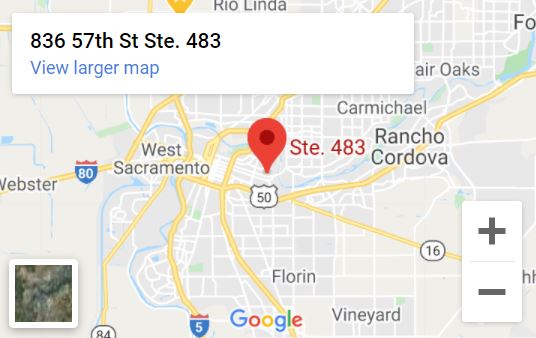Estate Planning
Estate Planning
In California, if someone dies without an estate plan, their assets are distributed according to state’s laws of intestacy through a court supervised process called probate. This is good news for those who never took the time to consult with an attorney and passed away prior to creating a valid estate plan. However, many times the laws of intestacy do not follow what the individual or couple would have chosen for their plan. Additionally, the probate process is public and comes with additional costs including court fees and statutory attorneys’ fees established under the laws of California. The probate process typically takes a longer time than a properly executed estate plan and can take 9-12 months (and in some cases more) to complete. In more complex probates it is common for additional attorneys’ fees to be awarded. Consulting with an attorney about an estate plan can ensure that your post-death wishes will be followed while simultaneously avoiding the sometimes costly, time-consuming, and public probate process.
The typical estate plan consists of a trust, a pour-over will, power of attorney, and an advanced health care directive.
Trusts
The trust document is the most typical estate planning document to ensure your estate is passed on to your chosen beneficiaries after you pass. Typically, the trust creator (“settlor” or “trust-maker”) is also the initial trustee (manager) of the trust and can maintain control of the trust assets until their death. In the event that the trust-maker(s) become incapacitated due to illness or a cognitive condition, the trust can dictate who would manage the trust until the death of the trust-maker(s). Typically, the trust becomes irrevocable upon the death of the trust-maker and the trust assets are immediately distributed to the trust-maker’s chosen beneficiaries. However, if properly drafted, the trust can continue to be effective after the death of the trust-maker. Other advantages of trusts are that they can be used to protect assets from creditors and can provide certain tax advantages for the creator and his/her beneficiaries.
Wills
Typically, a proper estate plan will include what is called a pour-over will. The purpose of the pour-over will is to ensure that assets owned by the trust-maker that were never properly transferred to the trust can be included in the trust and distributed to the chosen trust beneficiaries. However, it is always best for the trust to be properly funded with all your assets, as using a pour-over will to transfer assets into your trust after your death will likely result in the need to file a petition in probate court. This would cost the estate unnecessary costs with potentially significant attorneys’ fees. Mr. Call can assist with properly funding your trust so that filing a petition in probate court upon your death is unnecessary.
Powers Of Attorney
A power of attorney is a document that gives a person of your choosing (“attorney-in-fact”) the legal power to act for you. The powers granted to the attorney-in-fact are dependent on the powers listed in the document and can be either broad or narrow in focus. The power of attorney can be drafted to become effective immediately or at a later date, such as when the creator of the power of attorney (“principal”) becomes incapacitated. Powers of attorney terminate upon the death of the principal but can also be drafted to terminate upon the happening of a certain event or condition such as the principal’s incapacity. It is important to speak with an attorney to determine what types of powers should be included in your power of attorney document, when it should become effective, and when it should terminate.
Advance Health Care Directives
If you are like most people, you have certain wishes about the type of medical treatment you receive in the event you become incapacitated due to an accident, medical condition, or old age. The advance health care directive (“advance directive”) specifies who will make medical decisions for you and communicate these decisions to your physicians. The advance directive can also set forth whether or not you wish your life to be prolonged if you were unable to communicate and had no reasonable chance of recovery from a life-threatening injury or condition. These sorts of decisions are very personal and should be clearly described by your attorney in the advance directive so that your wishes are specifically followed. An authorization to your medical providers should also be included with your advance directive. This ensures that the person you choose to make decisions for you has access to your medical information and that your physician will communicate with that person.

